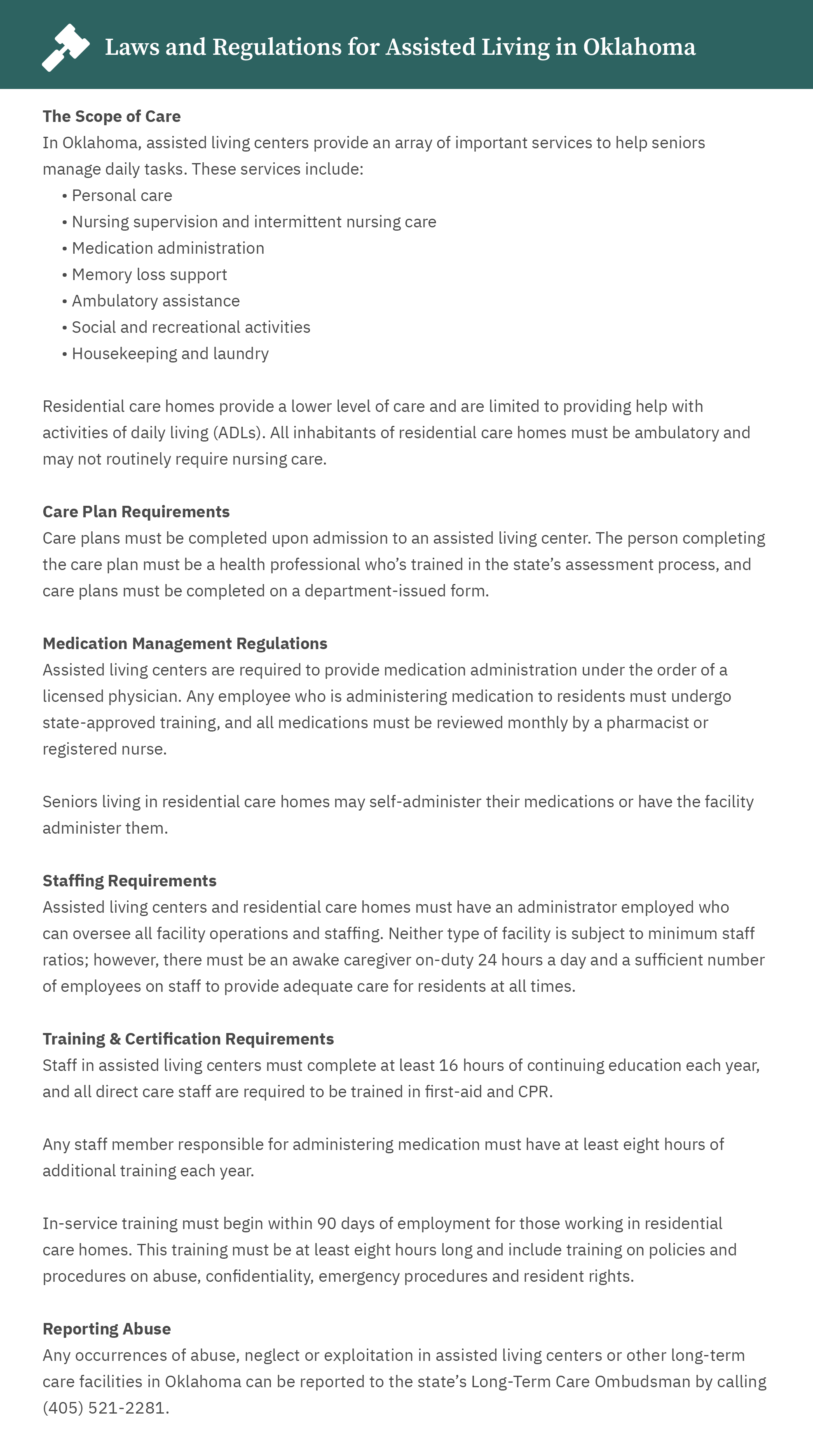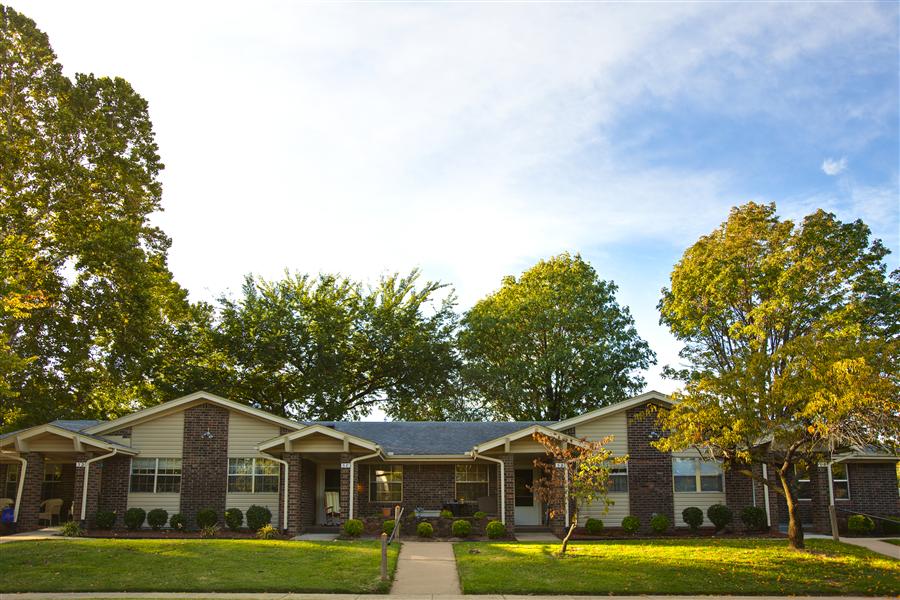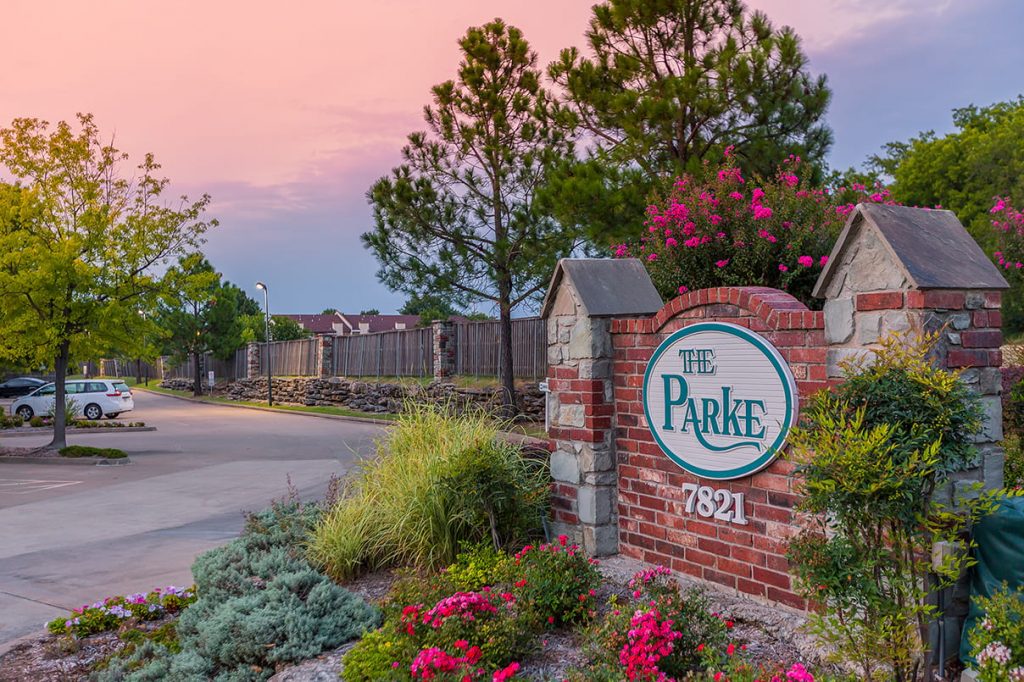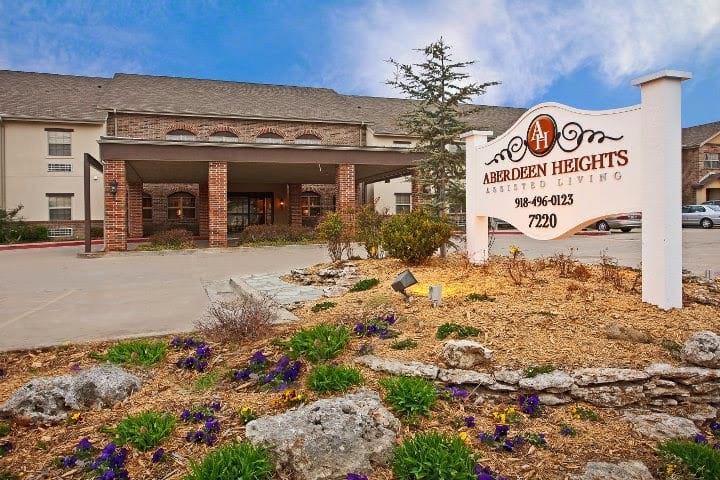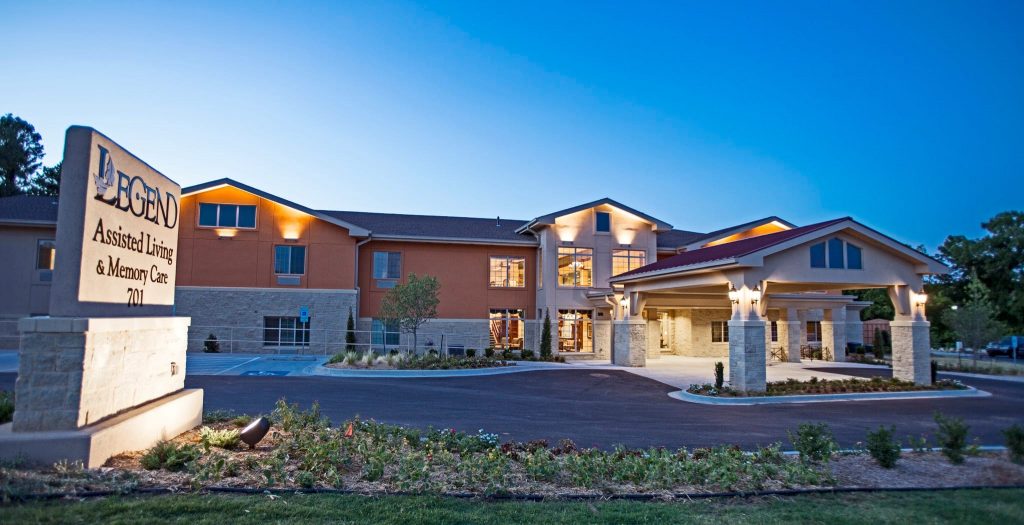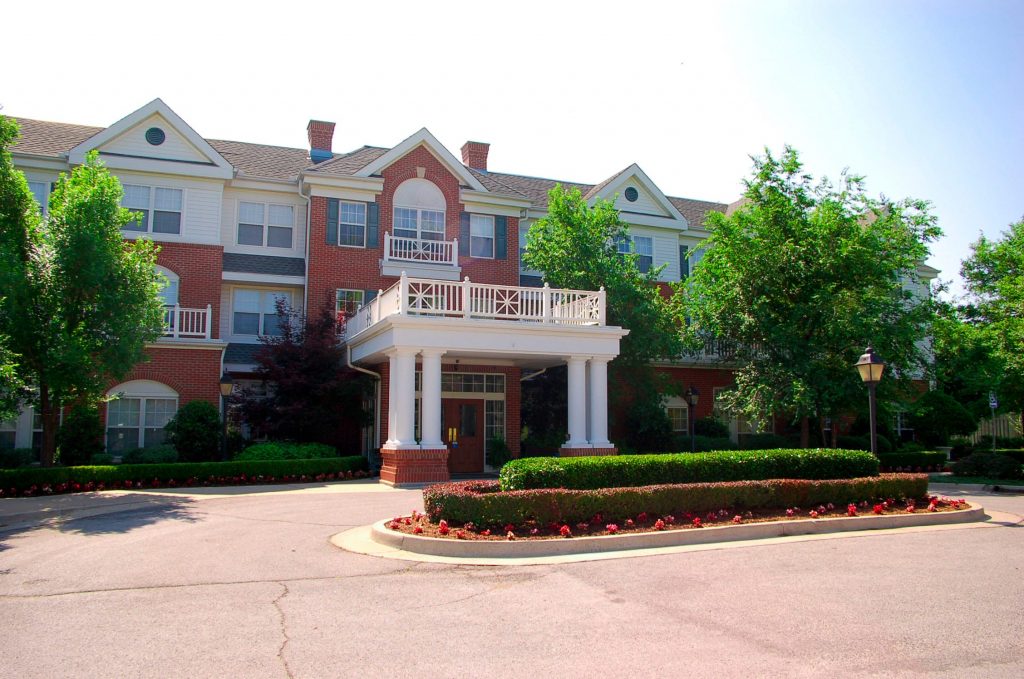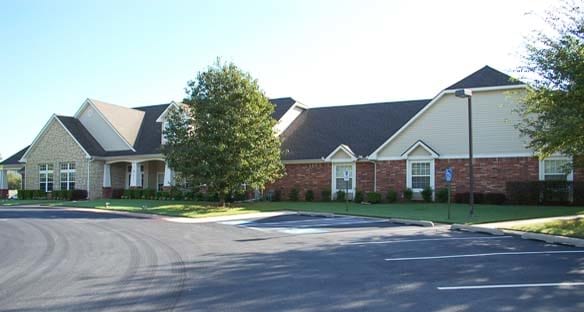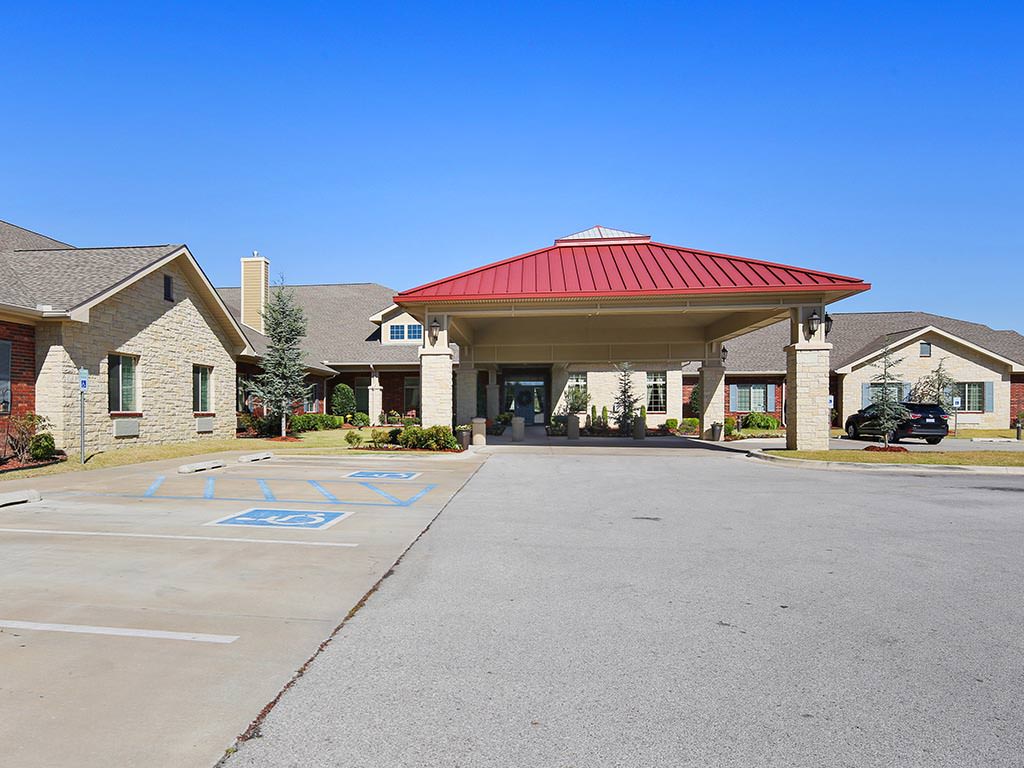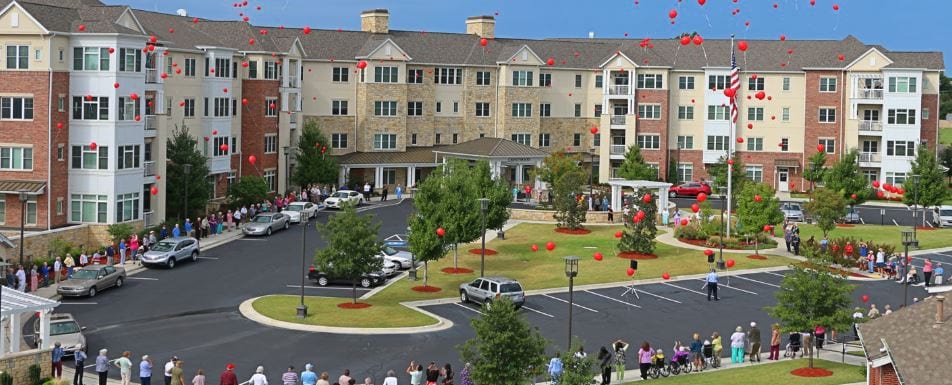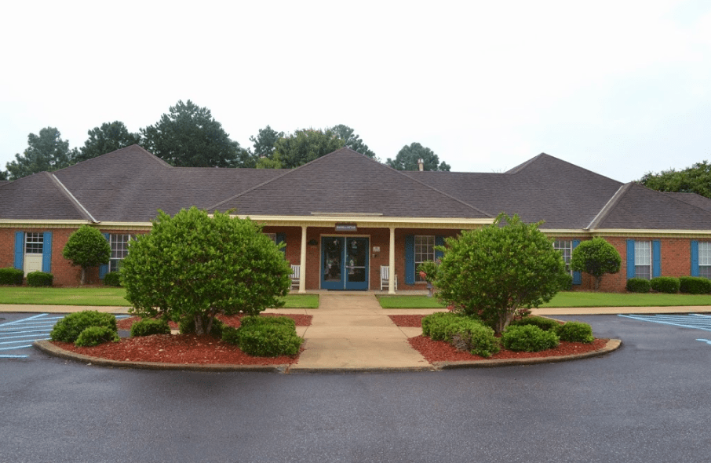Get Pricing & Availability for Assisted Living in Tulsa, OK
Call (855) 481-6777 for immediate assistance and get more details

Page Reviewed / Updated – July 7, 2022
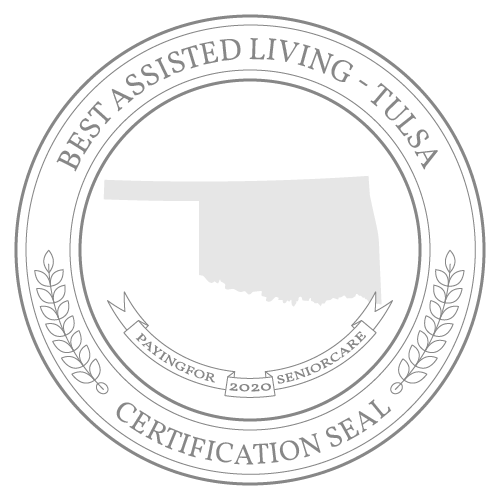
Tulsa is the second-most populous city in Oklahoma and has a large senior community that accounts for over 14% of the population. It offers a range of resources for older adults, including senior centers and nonprofit agencies, to promote the safety and comfort of retirees as well as help them find ways to pay for long-term care expenses. Assisted living is relatively inexpensive in this city at $3,855 per month. This, combined with a low cost of living that comes in over 15% below the national median, may benefit seniors with budgetary considerations.
This guide covers common ways older adults in Tulsa pay for assisted living when retirement income is insufficient, as well as top resources that provide information and services to seniors. It also lists some of the state-mandated rules assisted living facilities follow to ensure a high standard of care for residents and an overview of highly rated facilities in the Tulsa area.
The Cost of Assisted Living in Tulsa, OK
According to the 2021 Genworth Cost of Care Survey, Tulsa is a relatively affordable option for residential care. On average, seniors in this city pay $3,855 for assisted living, which is equal to the state median and over $600 lower than the national average rate of $4,500.
Local care costs are about $1,000 less than assisted living rates in Oklahoma City, where residents pay an estimated $4,800 per month for services. Residential care rates in Enid are on par with Tulsa’s average at $3,980. Lawton is the cheapest place to obtain care, with rates coming in below the state and national medians at $3,561 per month.
- Tulsa: $3,855
- Oklahoma: $3,855
- United States: $4,500
- Enid: $3,980
- Oklahoma City: $4,800
- Lawton: $3,561
The Cost of Other Types of Care in Tulsa, OK
Tulsa seniors who live at home and attend adult day health care pay $1,517 per month for services, making this the cheapest long-term care option in the city. Assisted living costs a couple thousand dollars more at $3,855 but includes living expenses such as housing and meals. In-home care and specialized home health care cost $4,767 per month. Nursing homes, which accommodate those who need around-the-clock medical monitoring and skilled nursing services in addition to personal care, charge the highest rates at $5,323 for semiprivate rooms and $6,971 for private accommodations.
- In-Home Care: $4,767
- Home Health Care: $4,767
- Adult Day Health Care: $1,517
- Assisted Living Facility: $3,855
- Nursing Home Facility (semiprivate room): $5,323
- Nursing Home Facility (private room): $6,971
Financial Assistance for Assisted Living in Tulsa, OK
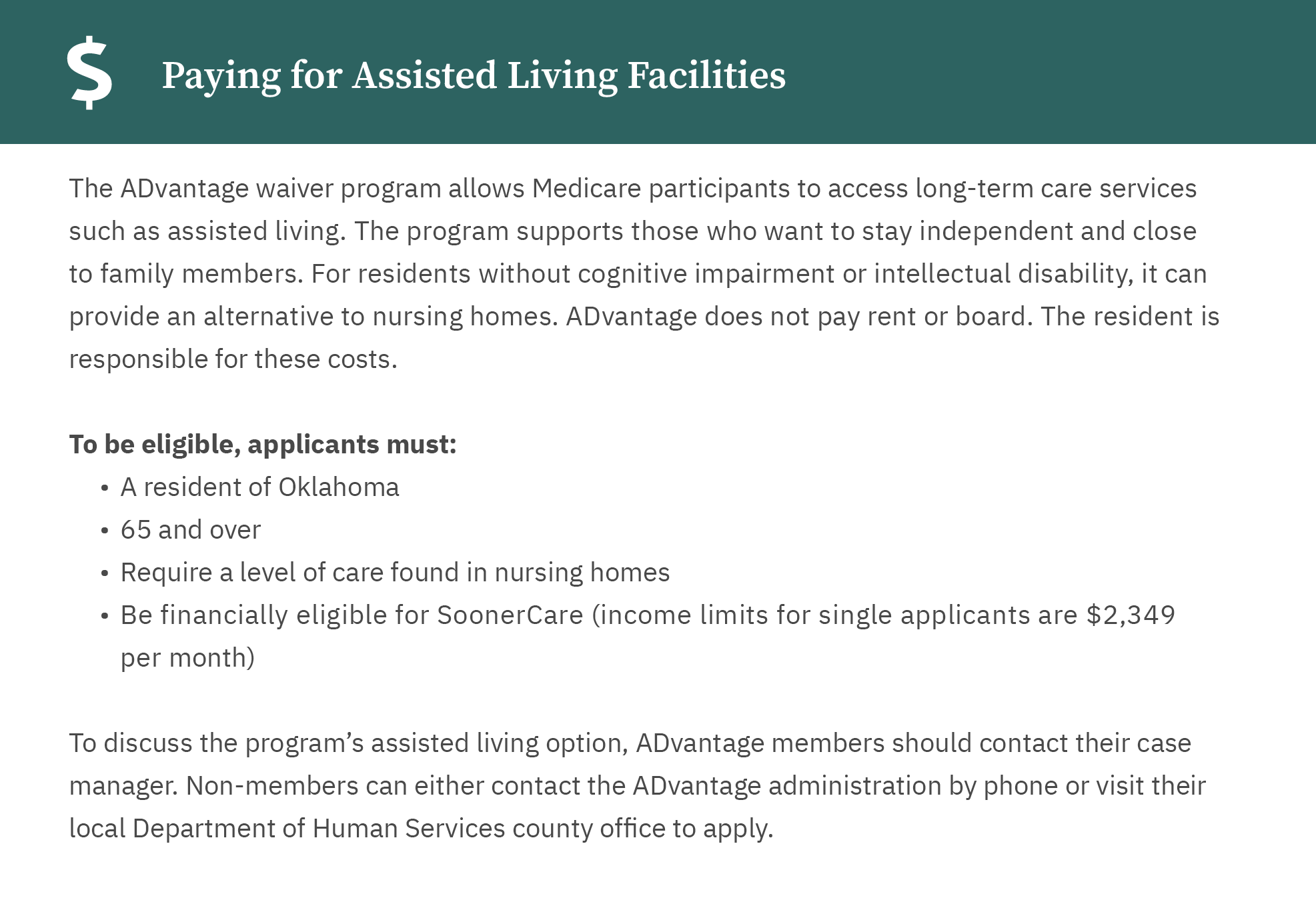
Other Ways To Pay for Assisted Living in Tulsa, OK
Since not everyone can afford to pay for assisted living out-of-pocket, it’s important to find alternative methods to help make assisted living more affordable. Some of these options include:
- Veterans Benefits
- Life Insurance Policy
- Long-Term Care Insurance
- Reverse Mortgage
For additional information and planning, read our comprehensive guide to paying for senior care in Oklahoma.
Free Resources for Seniors in Tulsa, OK
The Tulsa region has a range of resources to help older adults pay for long-term care. The following table highlights options counselors, financial and legal advisers and information specialists who help older adults make important decisions regarding their care needs.
|
Resource |
Contact |
Service |
| LIFE Senior Services | (918) 569-1292 | LIFE Senior Services is a regional nonprofit organization that provides social and recreational programming, options counseling and information services to those aged 50 and over. It administers the Medicare Assistance Program, which provides free, unbiased health insurance options counseling for those eligible for Medicare. It also has a tax assistance program that provides free tax filing assistance to those aged 60 and over with moderate to low incomes, and it operates SeniorLine, which is staffed with trained specialists who help older adults navigate various issues from finding long-term care options to obtaining community-based services. |
| Indian Nations Council of Government Area Agency on Aging | (918) 583-7526 | The Indian Nations Council on Government operates the Area Agency on Aging for the Tulsa region. It has information and referral specialists who help those aged 60 and over find community-based services, such as volunteer-based transportation, financial and legal counseling and durable medical equipment loans. |
| Tulsa Vet Center |
(918) 252-8888 |
The Tulsa Vet Center provides free, confidential assistance to veterans and their families. Through this center, qualifying individuals connect with services in the community including counseling, transportation and service-based clubs. The office can also help individuals file applications for state and federal veterans’ benefits and determine whether they qualify for placement in one of the state’s seven veterans’ homes. |
| Legal Aid Services of Oklahoma, Inc. |
(918) 584-3338 |
Legal Aid Services of Oklahoma is a regional nonprofit legal organization that specializes in helping older adults navigate age-related issues, such as assigning powers of attorney, applying for public benefits and understanding long-term care contracts. The office can also help older adults resolve problems with Medicare, Medicaid and Social Security benefits. |
| RSVP of Tulsa |
(918) 664-9000 |
RSVP of Tulsa partners with local nonprofit organizations and charities and provides exclusive volunteer opportunities to those aged 55 and over. Through RSVP, older adults meet needs in the community by serving as classroom aides, instructors in senior centers and docents at the City of Tulsa Zoo. In exchange for their time, volunteers get benefits, such as invitations to recognition events and mileage reimbursement. |
Rules and Regulations for Assisted Living Facilities in Tulsa, OK
Assisted Living Communities in Tulsa are required to follow a set of rules and regulations that are determined by the state. For an overview of those rules and regulations, see the information below. For more specific information, talk with your local community or Area Agency on Aging.
